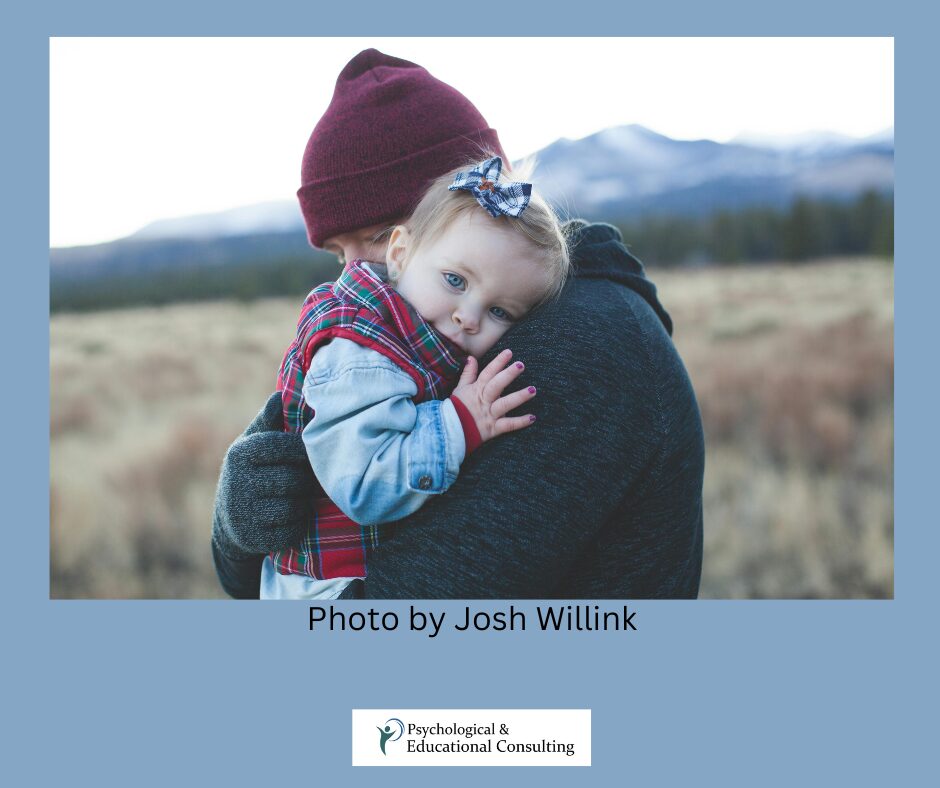Forget Co-Parenting With a Narcissist. Do This Instead.
written by Linda Esposito LCSW, posted on Psychology Today
Things I found myself saying in sessions this week:
- “It sounds like there’s no middle ground, and this causes you to alternate between feeling hopeless and thinking that if you just increase the volume and intensity of your communication, your ex will respond favorably.”
- “Whenever we lose a relationship—no matter how dysfunctional—there’s a sense of mourning. We grieve the lost hopes and dreams and the future we’ll never have with this person. When you’re in the thick of the grieving process, it seems as if you will always feel despondent, even though you know on a rational level that you won’t.”
- “Parenting is the toughest job in the world. However, single parenting doesn’t have to be as hard as you think. Sometimes there’s a sense of relief that comes from relying on yourself and from not trying to control your children’s rules when they’re not in your physical custody.”
These interactions offer a snapshot of therapy with heartbroken, devastated, and disillusioned single parents following a divorce from a narcissist. Though the stories are different, the theme is always the same:
The concept of co-parenting with a narcissist does not exist.
There is very little research about narcissistic parenting, narcissistic family dynamics, or the effects that this disorder has on children. Complicating matters is the fact that adult children who do seek therapy do not typically identify growing up in a narcissistic household as the presenting problem.
The following strategies can help you redefine your parenting plan and learn to adjust to solo parenting so you and your children thrive.
9 Strategies for Overcoming Parental Narcissism
1. Minimize contact. High-conflict people love to engage in psychological battles. The hidden agenda is to keep you entrenched in the relationship, even years after the ink has dried on the divorce decree. I have seen few dynamics more toxic than exposing a child to constant below-the-belt blows and mental warfare.
2. Establish firm boundaries. Structure in all settings can provide children with a safe, predictable, and secure buffer from insidious psychological damage. The emotional roller coaster a narcissistic parent perpetrates can be even more detrimental to a child’s healthy ego development than overt abuse.
3. Avoid feeling sorry for your child. Nobody deserves to grow up with a selfish, self-absorbed adult, but there are worse plights. Showing pity for others only perpetuates a victim mentality and prohibits them from moving forward and seeking healthy relationships of their own.


